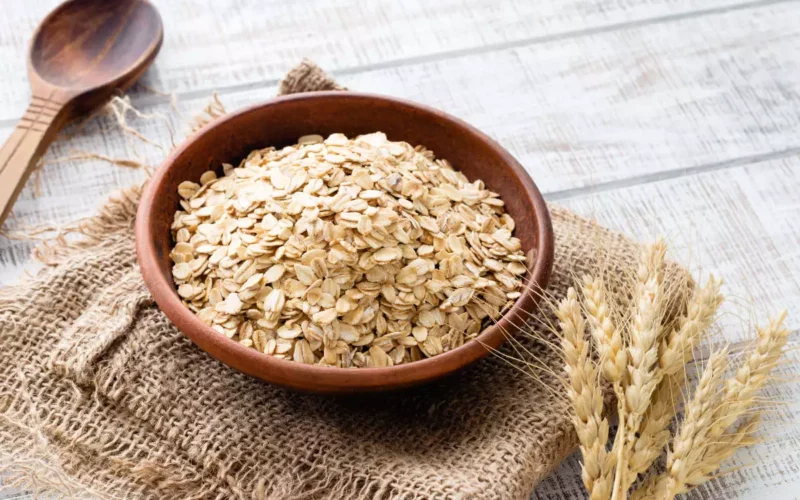Nowadays, people are showing interest in foods that can help prevent and reduce the impact of diseases, contributing to better health. Nutrients in food play a crucial role in maintaining health. Currently, functional food products are available in the market. Among them, after wheat, corn, rice, barley, and maize, oats hold a special place.
Compared to other foods, oats stand out due to their properties and benefits. They contain nutrients suitable for our body’s growth and are used in various processed foods.
Types and Uses of Oats
Broken oats, oat bran, and oat flour are used to prepare breakfast items like porridge, bread, and flakes. Oats belong to the Poaceae family and are known as “jai” or “javi.”
The oat variety, Avena sativa, is widely produced globally. Oats are heavily cultivated in countries such as Argentina, Australia, Canada, Europe, and the United States. In India, Uttar Pradesh, Madhya Pradesh, Rajasthan, Bihar, Gujarat, Andhra Pradesh, and Tamil Nadu cultivate oats.
Oats are rich in protein, soluble fiber, and minerals. They help reduce bad cholesterol and sugar levels, boost immunity, and prevent heart diseases. Oats contain palmitic, oleic, and linoleic fatty acids.
Nutritional Content in 100 Grams of Oats
– Moisture: 10.7%
– Protein: 13.6%
– Fat: 76%
– Minerals: 1.8%
– Fiber: 3.5%
– Carbohydrates: 62.8%
– Calcium: 50 mg
– Phosphorus: 380 mg
– Iron: 3.8 mg
Oats also contain essential dietary fiber, fatty acids, amino acids, and the key component beta-glucan, which is absent in other grains.
Beta-Glucan
The primary functional component in oats is beta-glucan, which helps reduce bad cholesterol and the impact of heart diseases. Beta-glucan lowers total cholesterol and low-density lipoprotein (LDL) levels in the blood and promotes the growth of beneficial bifidobacteria in the colon.
Reduction of Fat Levels
The Food and Drug Administration (FDA) announced in 2004 that fiber-rich beta-glucan helps reduce bad cholesterol and heart disease risks. It is recommended to consume 8 grams of beta-glucan per day.
Control of Blood Sugar
Beta-glucan in oats has positive effects on blood glucose levels. It enhances the ability of beta-glucan to delay the absorption of food in the intestines, thereby stabilizing blood sugar levels.
Weight Loss
Oats absorb surrounding liquids, forming a bulky substance. Its fibers slow down digestion, providing a feeling of fullness for a longer time.
Reduction of Insomnia
Oats contain the essential amino acid tryptophan, which helps in the production of melatonin. A deficiency in melatonin can cause insomnia. Oats increase tryptophan levels, aiding in deep sleep.
Oats as an Antioxidant
Beta-glucan in oats plays a significant role in antioxidation. The fatty acids in oats act as antioxidants in various ways.
Oats contain tocopherol (vitamin E), hydroxycinnamic acids, and phenolic compounds, which help prevent cancer, stroke, and heart diseases. Generally, oat flour contains 87 mg/kg of phenolic acids and ferulic acid.
Vitamins and Minerals in Oats
Oats and oat products contain high levels of thiamine and pantothenic acid. Additionally, oats have higher amounts of biotin (vitamin B7) compared to other grains. Oat bran contains high levels of tricine, which acts as a carcinogen.
Oats are a key ingredient in various food products. Baby oats, instant oats, oat bran, oat flour, and oatmeal are available in the market for everyone to purchase and benefit from.
Dr. K.S. Gnanalakshmi, K. Prasanna, T. Bhaskaran, College of Food and Dairy Technology, Koduvalli, Chennai – 600 052.











